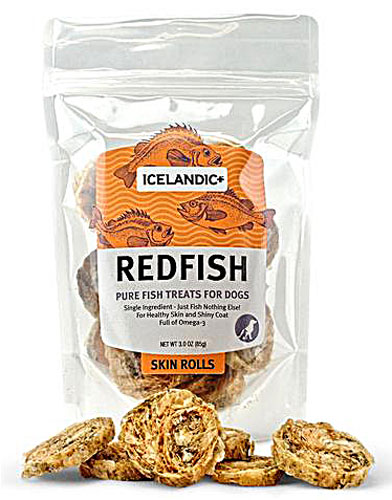Nearly seven of every 10 households in the U.S. own a pet. While those pets — dogs, cats, birds, horses and more — provide companionship and joy, they also might be delivering a healthy dose of wellness.
Research continues to emerge showing that Molly the dog or Max the cat could be enhancing the health of millions of Americans, from California to Connecticut. The health benefits of owning a pet are many, according to the U.S. Centers for Disease Control and Prevention (CDC), such as:
- Lower blood pressure
- Lower cholesterol.
- Lower levels of triglycerides.
- Less loneliness.
- More opportunities for exercise and outdoor activities.
- More opportunities for socialization.
However, the National Institutes of Health notes that research on interactions between people and pets remains “relatively new,” with some studies reporting positive outcomes yet “mixed” results.
One intriguing aspect of the healing power of pets is that your pet need not be a dog or cat in order to derive potential benefits.
Citing information published by the National Institutes of Health, psychologist Julie Gurner says that “it isn’t necessarily what type of pet you get, but the bond you have with it that leads to the positive effects.”
Horses, for example, can trigger positive effects.
Debbie Garcia-Bengochea, education director of Gainesville, Florida-based Gentle Carousel Miniature Therapy Horses, says the nonprofit’s horses work every year with more than 25,000 hospital patients, hospice residents and trauma victims to help enable healing. The horses have comforted survivors and first responders in the wake of mass shootings; survivors of natural disasters like tornadoes, wildfires and hurricanes; and patients at veterans’ hospitals.
Garcia-Bengochea says one horse in particular, Magic, enjoys a special bond with hospitalized children.
“One little girl who had a heart transplant and then leukemia said Magic made her face hurt from smiling so much,” she says. “A boy losing his sight because of a brain tumor held Magic close to his face so he could always remember what she looked like.”
“Magic always seems to find the person in the room who needs her the most,” Garcia-Bengochea adds.
Based on research, here are four examples of how pets might be part of a prescription for better health.
1. Improvement in dementia symptoms
A review of 32 studies found that in many cases, interaction with animals led to improved social behavior, physical activity, eating habits and quality of life, along with decreased agitation, among dementia patients. The review was published in 2018 in the journal Clinical Nursing Research.
“Wherever the setting, and whatever the kind of animal, the magic of a favorite pet remains. They can make a big difference in the daily life of one with Alzheimer’s or other dementia,” according to the BrightFocus Foundation, a nonprofit that supports research into Alzheimer’s disease, macular degeneration and glaucoma.
2. Boost for people with mental health conditions
A study published in 2014 in the journal BMC Psychiatry indicated that pets can help people manage their long-term mental health conditions.
Among the 54 adult patients who participated in the study, pets played an important role in socialization for 80 percent of them. Why? One of the reasons cited was that pets distracted them from symptoms and upsetting experiences.
“The consistent presence and close physical proximity of their pets was described in this study as providing an immediate source of calm and therapeutic benefit for the pets’ owners,” according to a news release about the study.
3. Better social skills for kids with autism
The assertiveness of children with autism strengthen when any kind of pet lives at home with them, according to a study published in 2014 in the Journal of Autism and Developmental Disorders. The social skills that improved include making self-introductions, asking for information and responding to questions.
“When children with disabilities take their service dogs out in public, other kids stop and engage,” says the study’s author, Gretchen Carlisle, research fellow at the Research Center for Human-Animal Interaction at the University of Missouri’s College of Veterinary Medicine. “Kids with autism don’t always readily engage with others, but if there’s a pet in the home that the child is bonded with and a visitor starts asking about the pet, the child may be more likely to respond.”
Interestingly, pets owned by households that participated in the study included dogs, cats, fish, rodents, rabbits, reptiles, a bird and a spider.
4. Reduced stress
A number of studies have demonstrated the ability of pets to help alleviate stress. One such study, published in 2018, showed sessions with therapy dogs boosted the well-being of college students, such as reducing stress and feelings of negativity.
The study, appearing in the journal Stress and Health, involved dog therapy sessions with 246 students at the University of British Columbia.
“These sessions clearly provide benefits for students in the short-term, so we think universities should try to schedule them during particularly stressful times, such as around exam periods,” says Frances Chen, senior author of the study and an assistant professor of psychology at the University of British Columbia. “Even having therapy dogs around while students are working on their out-of-class assignments could be helpful.”




